Russia wants Bosnian OHR scrapped
Russia wants to do away with the Office of the High Representative (OHR) in Bosnia-Herzegovina.
Tuesday, 20.05.2008.
11:02

Russia wants to do away with the Office of the High Representative (OHR) in Bosnia-Herzegovina. Russia wants powers to be shifted from international organizations to the Bosnia-Herzegovina institutions, since it believes that the basic goals of the Dayton Peace Accords have been achieved, Russian UN representative Vitaly Churkin told a session of the UN Security Council. Russia wants Bosnian OHR scrapped The current OHR in Bosnia-Herzegovina, Miroslav Lajcak, said that there was still work to be done in spite of the progress achieved. At the session, Churkin said that Lajcak’s mandate expired on June 30, adding that the priority in this period had to be transferring responsibility for the country’s future from international structures to the legally elected Bosnian government. Russia’s envoy to the UN said that “the basic tasks stemming from the Dayton Peace Accords have been taken care of in their entirety,” stating that the “coming signing of the Stabilization and Association Agreement (SAA) with the EU” attested to this. “It is absolutely clear that the situation in Bosnia-Herzegovina is no worse than in other countries in the Balkans where there are no high representatives,” he pointed out. Meanwhile, Lajcak himself has told the UN Security Council that Bosnia-Hercegovina has made significant progress, but that the international community has yet to complete its mission. Submitting his regular six-month report to the Security Council, Lajcak, according to the UN’s website, said that the situation in the country had improved significantly, and that the adoption of the police reforms was “an important step towards stabilizing the political situation.“ “Bosnia is on the verge of signing the Stabilization and Association Agreement (SAA) with the EU, and is moving towards NATO membership,” said Lajcak, stressing that “the citizens of Bosnia-Hercegovina deserve a European future.“ The high representative warned, however, that nationalism was still rife in the country, and that the upcoming local elections in October would lead to heightened nationalist rhetoric. He pointed out that after Kosovo’s unilateral declaration of independence, Republic of Srpska (RS) leaders had begun tying the entity’s future to that of the Serbian province with calls for self-determination. The OHR, said Lajcak, had responded by stating that Bosnia-Hercegovina was an internationally recognized state, whose sovereignty and territorial integrity was guaranteed by the Dayton Accords. Chairman of the tripartite Bosnian Presidency Nikola Spiric, who also attended the Security Council session, said that legal obstacles to completing the necessary police reforms had been overcome, and pointed in particular to reform in cooperation with the Hague Tribunal. Security Council representatives welcomed Lajcak’s report, and the progress made in Bosnia-Hercegovina, as well as the planned signing of the SAA with the EU. However, it was underlined that governments and all countries, Serbia included, had to comply fully with the Hague in order for all the war crimes fugitives to be brought to justice, particularly Bosnian Serbs Ratko Mladic and Radovan Karadzic. They also expressed their concern over the slow return of refugees and internally displaced persons. Vitaly Churkin (Tanjug, archive)
Russia wants Bosnian OHR scrapped
The current OHR in Bosnia-Herzegovina, Miroslav Lajčak, said that there was still work to be done in spite of the progress achieved.At the session, Churkin said that Lajčak’s mandate expired on June 30, adding that the priority in this period had to be transferring responsibility for the country’s future from international structures to the legally elected Bosnian government.
Russia’s envoy to the UN said that “the basic tasks stemming from the Dayton Peace Accords have been taken care of in their entirety,” stating that the “coming signing of the Stabilization and Association Agreement (SAA) with the EU” attested to this.
“It is absolutely clear that the situation in Bosnia-Herzegovina is no worse than in other countries in the Balkans where there are no high representatives,” he pointed out.
Meanwhile, Lajčak himself has told the UN Security Council that Bosnia-Hercegovina has made significant progress, but that the international community has yet to complete its mission.
Submitting his regular six-month report to the Security Council, Lajčak, according to the UN’s website, said that the situation in the country had improved significantly, and that the adoption of the police reforms was “an important step towards stabilizing the political situation.“
“Bosnia is on the verge of signing the Stabilization and Association Agreement (SAA) with the EU, and is moving towards NATO membership,” said Lajčak, stressing that “the citizens of Bosnia-Hercegovina deserve a European future.“
The high representative warned, however, that nationalism was still rife in the country, and that the upcoming local elections in October would lead to heightened nationalist rhetoric.
He pointed out that after Kosovo’s unilateral declaration of independence, Republic of Srpska (RS) leaders had begun tying the entity’s future to that of the Serbian province with calls for self-determination.
The OHR, said Lajčak, had responded by stating that Bosnia-Hercegovina was an internationally recognized state, whose sovereignty and territorial integrity was guaranteed by the Dayton Accords.
Chairman of the tripartite Bosnian Presidency Nikola Špirić, who also attended the Security Council session, said that legal obstacles to completing the necessary police reforms had been overcome, and pointed in particular to reform in cooperation with the Hague Tribunal.
Security Council representatives welcomed Lajčak’s report, and the progress made in Bosnia-Hercegovina, as well as the planned signing of the SAA with the EU.
However, it was underlined that governments and all countries, Serbia included, had to comply fully with the Hague in order for all the war crimes fugitives to be brought to justice, particularly Bosnian Serbs Ratko Mladić and Radovan Karadžić.
They also expressed their concern over the slow return of refugees and internally displaced persons.











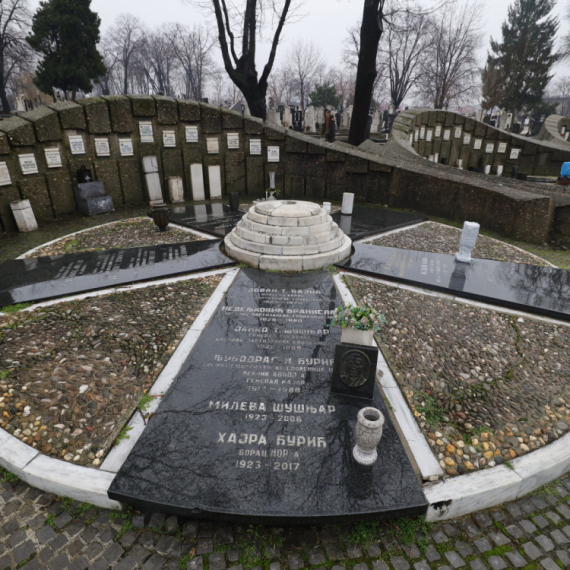
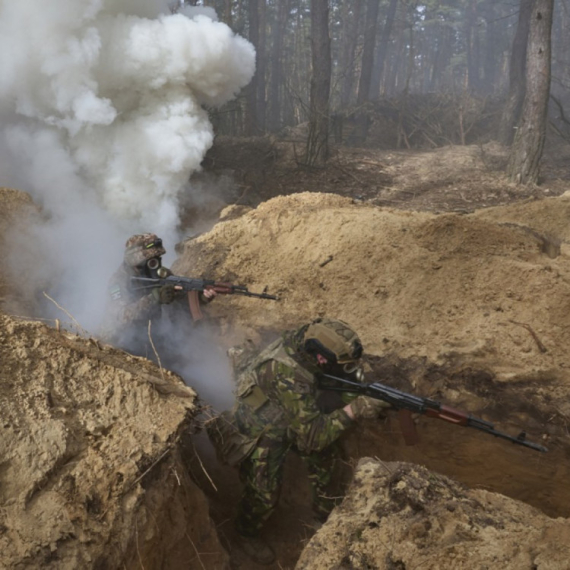


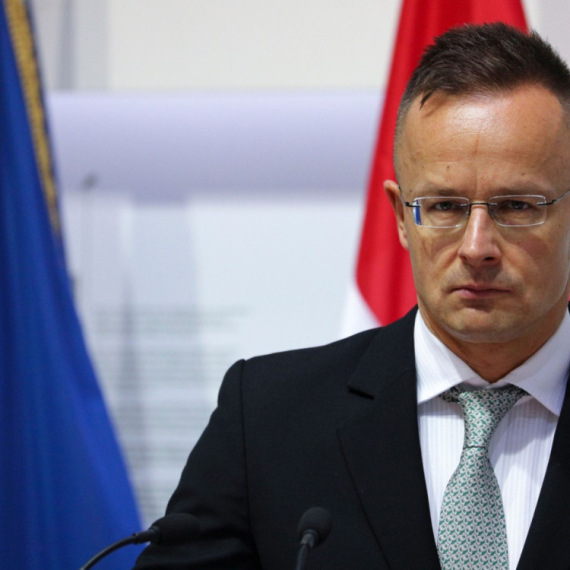

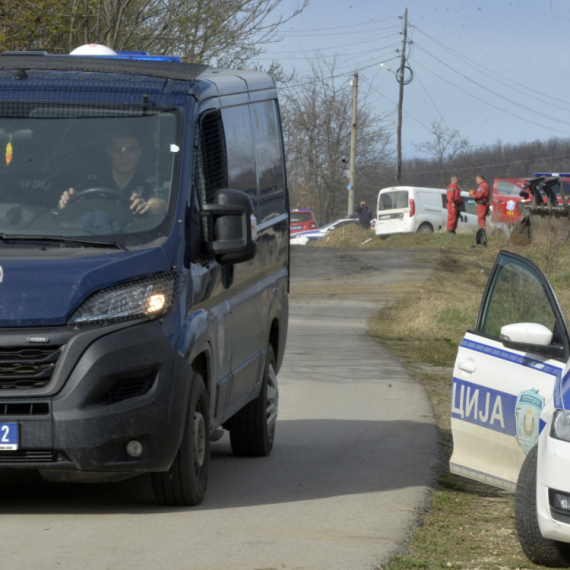



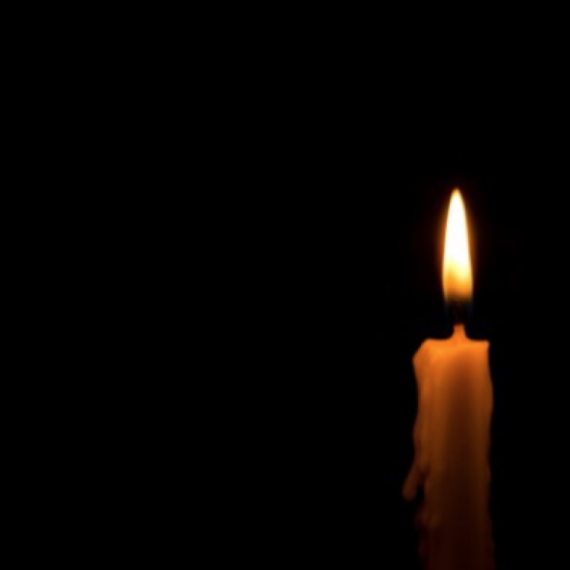


























Komentari 19
Pogledaj komentare